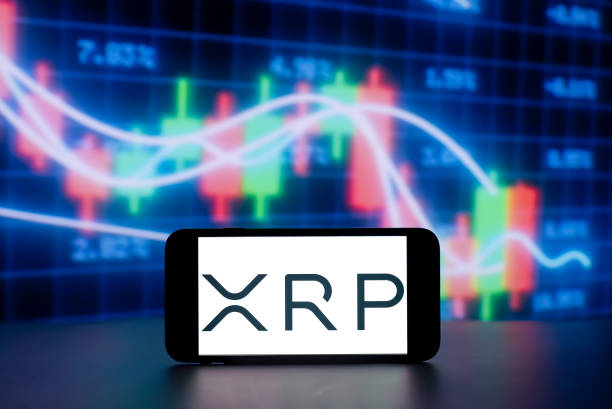A series of privacy-busting policy recommendations from the International Organization of Securities Commissions (IOSCO) shouldn’t be seen as a death knell for decentralized finance (DeFi), argues Apollo Crypto analyst Matthew Harcourt.
In a Dec. 19 report, IOSCO wrote that DeFi posed a unique challenge to regulators due to the often anonymous and decentralized nature and made nine recommendations around regulating the sector, including exposing “responsible persons” and holding it to the same rules as traditional financial markets.
The report caused some to sound the alarm over the future of DeFi, such as Trading Protocol co-founder Mikko Ohtamaa, who described the document as a “final report on how to kill #DeFi.”
IOSCO final report on how to kill #DeFi
— Mikko Ohtamaa (@moo9000) December 20, 2023
IOSCO is the club of international securities regulators. They DeFi working paper was drafted by the SEC.
As expected, IOSCO recommendation is full capture of DeFi and make sure securities regulators are responsible for DeFi. This… pic.twitter.com/y7gFM0SjFU
However, Harcourt told Cointelegraph that he wasn’t too concerned about the policy recommendations being fatal for DeFi, at least not for established protocols.
“I think it’s important to highlight that IOSCO states that ‘DeFi is an important, evolving, and expanding technological innovation’ in their executive summary. I don’t think this is overall bearish news as some media outlets are portraying it,” he said.
Apollo Crypto is a Melbourne-based investment fund that holds a large weighted exposure to DeFi projects.
IOSCO — whose 130 members regulate 95% of the global securities market — recommended that policymakers start identifying “responsible persons” and hold them accountable to the existing rules for traditional financial services.

“These proposed regulations will have the biggest impact on early-stage innovation within DeFi due to more stringent requirements in order to become an established business,” Harcourt explained.
In its recommendations, the IOSCO deemed those responsible as anyone exercising control or “sufficient influence” over a final product or service.
"Given the similar economic functions and activities of DeFi and traditional financial markets, many existing international policies, standards, and jurisdictional regulatory frameworks are applicable to those DeFi activities and those mechanisms that govern them.”
Additionally, IOSCO declared that decentralized autonomous organizations should be regulated in the same manner as any other financial services firm that chooses to incorporate.
Related: Warren’s surveillance legislation is tailor-made to help big banks
“Regardless of the labels, organizational forms, or technologies used, persons and entities who offer or provide financial products and services and engage in financial activities should be subject to applicable laws,” the report states.
Harcourt concluded that while the recommendations weren’t ideal from a privacy perspective and would most likely target early-stage protocols, they shouldn’t be seen as an outright assault on DeFi.
“Due to the strong fundamental benefits of on-chain financial applications, I don’t think these proposed regulations present any existential risk to decentralized finance.”
On Nov. 17, IOSCO unveiled its recommendations for regulating the broader crypto market, which is similar to its stance on DeFi, recommending that digital asset markets be regulated in line with many of the existing laws for traditional finance.
Magazine: DeFi’s billion-dollar secret: The insiders responsible for hacks











